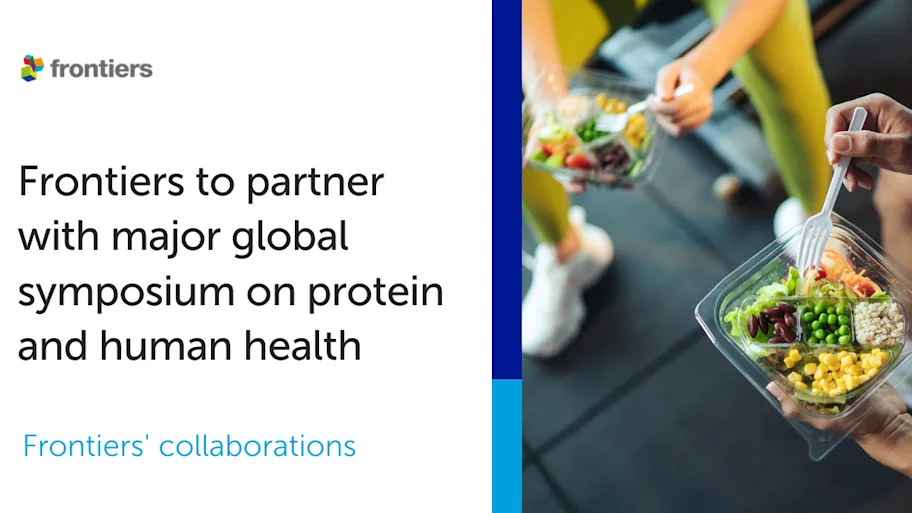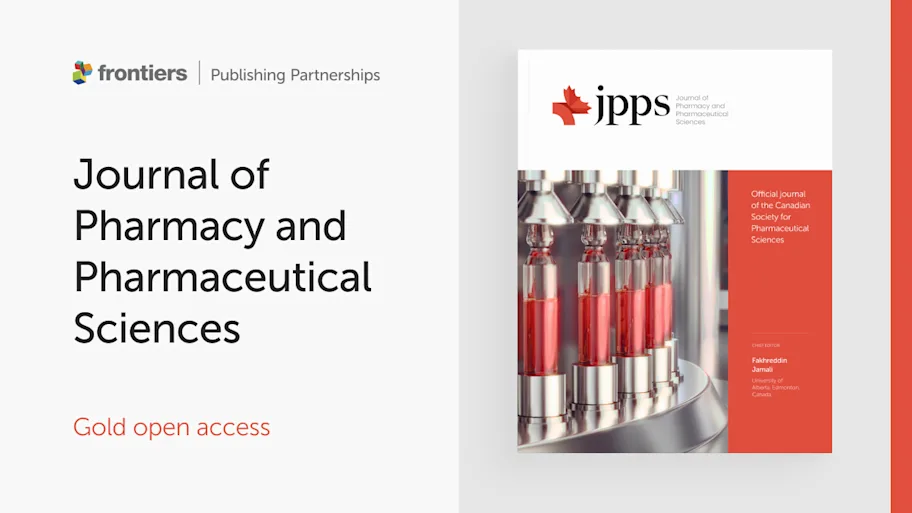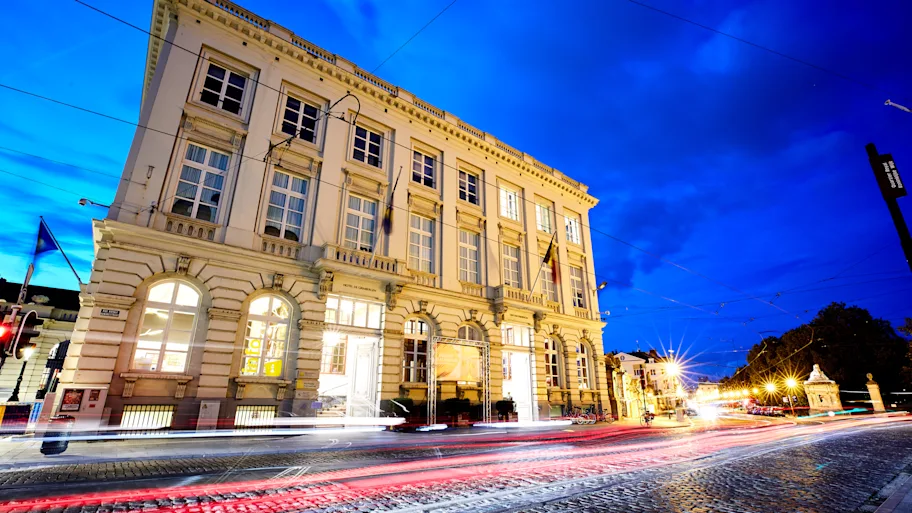
- Science news
- Sustainability
- Uniting generations for a sustainable future: Insights from the 2023 Villars Symposium
Uniting generations for a sustainable future: Insights from the 2023 Villars Symposium
Established in 2022, the Villars Institute is a non-profit foundation dedicated to accelerating the transition to net-zero emissions. It aims to create a healthier planet through intergenerational collaboration and systems leadership. Last month, a team of Frontiers staff led our first collaboration with the Villars Institute by taking part in its 2023 Villars Symposium, an event that fosters intergenerational collaboration and promotes transdisciplinary cooperation.

The Symposium was created to unite the Villars Institute's Knowledge Partners with a group of exceptional young minds who are embarking on their journey toward becoming lifelong systems leaders. The blog, Five traits to look for in a Systems Leader, explains more about what this concept is and represents.
The Villars Symposium unites high school-aged youth and sustainability experts worldwide to address urgent global challenges. Participants, future systems leaders, explore intricate complex systems (ecological, economic, political, and social) while developing skills for driving systemic change. By engaging with professionals in sustainability and international affairs, they gain insights, forge connections, and align their passions with a sustainable future.
Representatives from the Frontiers family of outreach and engagement initiatives led two sessions during the Symposium.
"Mobilizing Science to Protect the Planet” with George Thomas and Gilbert De Gregorio
Led by Gilbert De Gregorio, Head of Partnerships for the Frontiers Planet Prize, and George Thomas, Public Affairs Manager at Frontiers, this workshop introduced the concept, mission, and mechanisms of the 'Frontiers Planet Prize.' The initiative, now entering its second year, aims to inspire a competitive spirit among the world's foremost environmental scientists, driving a race to develop ground-breaking research with the highest potential to stabilize the planet's ecosystem.

The session focused on two case studies highlighting the work of the Prize's international champions, examining how their research addresses global challenges and can be scaled up through a systems leadership approach. Participants were divided into two groups for in-depth analysis.
The first group explored the research of Professor Carlos Peres from the University of East Anglia, UK. His work emphasizes the sustainable use of protected areas in the Amazon, with a focus on local community well-being and biodiversity.
The second group delved into the work of Prof. Paul Behrens from the University of Leiden, Netherlands, which centers around the dual climate benefits achieved by switching to a plant-based diet.
Commenting on the session, Gilbert De Gregorio said, “The collaboration between the Frontiers Planet Prize and the Villars Institute signifies a joint effort to nurture young minds and encourage a systems leadership approach to address planetary health challenges. The workshop and discussion provided an engaging and insightful platform for an intergenerational exchange of ideas. I am thrilled that we have kick-started this partnership and I look forward to delivering a similar workshop next year."
“How to Fix the Planet” with Laura Henderson
Led by Laura Henderson, Head of Public Outreach for the Frontiers for Young Minds science engagement program, the 'How to Fix the Planet' workshop focused on empowering school-age students to explore ways to live and prosper within the nine planetary boundaries that define the environmental limits in which humanity can safely operate.

Taking advantage of the incredible attendees at the Symposium, including young Villars Fellows aged 13-19, the workshop was conducted to support a new partnership between Frontiers for Young Minds and the Villars Institute. The workshop served as a beta test with an intergenerational user "focus group" for our upcoming project that seeks to engage and empower eight to 18-year-olds as active agents in creating a healthy future for our planet.
Reflecting on the workshop, Laura Henderson commented, "Our workshop session provided valuable insights and feedback from our target users for our future project. We have already begun incorporating this feedback into our project design. A heartfelt thank you to all those who were involved. We aspire to engage Villars Fellows as long-term collaborators in this new project, remaining true to our principles of involving young minds in the process of everything we do. The Symposium as a whole fostered incredible connections, and I am grateful for the opportunity to participate."
Future workshops between the Villars Institute, Frontiers, and its family of outreach initiatives are already under discussion. Future collaborations will be announced by the Villars Institute’s event page.






